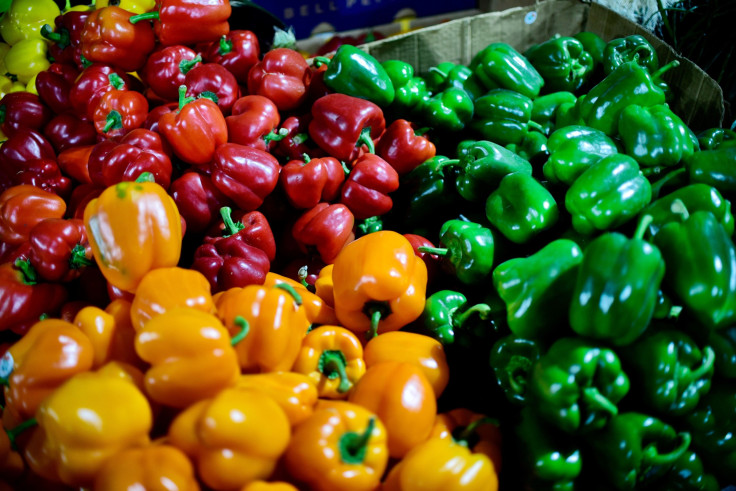Alzheimer's Disease: Compound Commonly Present In Many Fruits, Vegetables and Tea Lowers Risk

KEY POINTS
- 5.5 million Americans are diagnosed with Alzheimer’s disease
- Lifestyle modifications can help prevent AD
- A New study points to dietary flavonols in reducing the risk of AD
About 5.5 million Americans have been diagnosed with Alzheimer’s disease (AD) and a majority of them are older adults aged 65 and above. Several steps have been taken to prevent the condition and its early onset. Lifestyle modifications, including diet, getting quality sleep and quitting smoking, help prevent AD.
A recent study pointed to dietary flavanols that are present in several vegetables, fruits and tea have been associated with a significantly reduced risk of developing AD.
The researchers at Rush University Medical Center in Chicago, Illinois reported that individuals who consumed diets rich in flavanols including kaempferol, isorhamnetin, and myricetin were at a 48% lower risk of AD compared to others. Rich sources of these flavanols include apples, olive oil, tomato sauce, spinach, kale, tea, wine, oranges, and beans.
The researchers opined that this list is not exhaustive and that total flavonol sources more than 30 varieties of fruits, vegetables and beverages that contribute to the beneficial association with reduced AD risk. They used black teas’ flavonoid profile in the study. But, green tea is also enriched with flavonol.
"Eat your fruits and vegetables, particularly dark leafy greens, and drink some tea every now and again. A healthy diet that contains various fruits and vegetables is critical for continued health, especially brain health," Medscape Medical News quoted the study’s lead investigator Thomas M. Holland, MD, Rush Institute for Healthy Aging.
Several classes of flavonoids including flavanols are known for their antioxidant and anti-inflammatory properties. Older studies have linked total flavonoid intake to reduced AD risk. However, the potential cognitive benefits of this particular flavonol subclass haven’t been explored in human beings.
The study included 921 participants, majority of them being women and their mean age was 81 years. They underwent neurological evaluations and dietary assessments. Around 220 of them developed AD after 6 years.
The findings of the study suggested that individuals in the highest quintile of total flavonol intake were at a reduced risk of developing AD compared to those who consumed flavanols in very fewer quantities.
They also found that consumption of saturated fat, vitamin E, folate, lutein, and omega-3 fatty acids did not have any impact on AD risk.
© Copyright IBTimes 2025. All rights reserved.






















